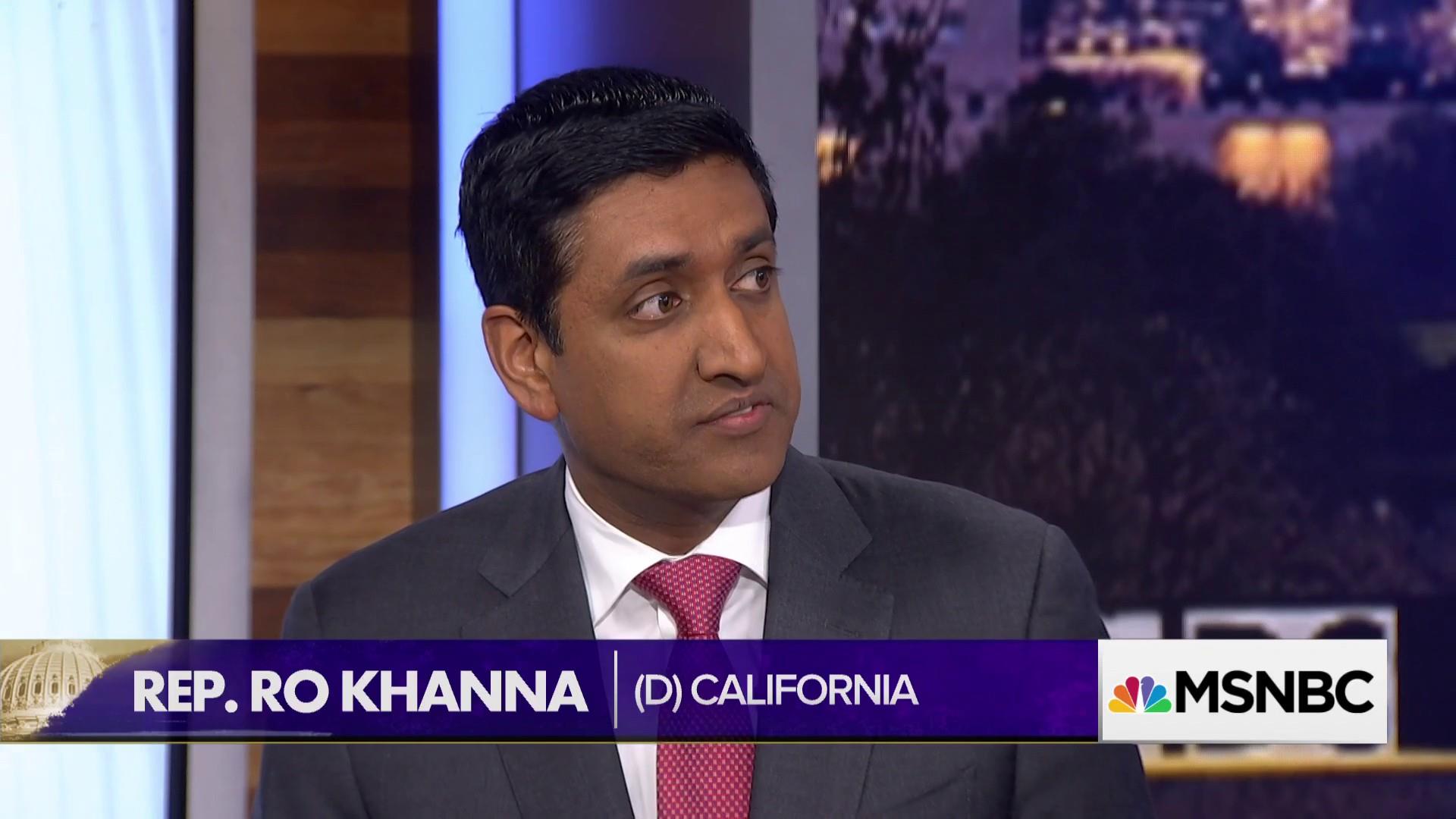
WASHINGTON (May 10, 2019) — The US Constitution makes clear that war declaration is a power exclusively of Congress. Yet earlier this year, both houses of Congress spoke on the Yemen War, declaring it unauthorized and demanding its end. President Trump vetoed that resolution, and insisted the war keeps going.
But can Trump just do that? Rep. Ro Khanna (D-CA), the initial sponsor of the Yemen bill, is hoping to challenge that in the Supreme Court, arguing that the nature of the War Powers Act precludes presidential vetoes.
It’s not an unreasonable question to ask the court. The 1952 Steel Seizure Case similarly saw the Supreme Court rejecting a president’s claim of unilateral power as the head of the military in wartime, and Trump is arguing that this same power entitles him to veto the War Powers challenge. The Supreme Court has never ruled on War Powers Act cases before, because the bill has not been substantially used.
This would be a hugely important constitutional case, questioning whether Congress retains the war-making powers it was granted centuries ago, or if the recent custom of letting the president dictate foreign policy has somehow stripped Congress of this authority, as if it somehow atrophied from disuse.
Yemen Resolution Sponsor Pushing Pelosi to Sue over Trump Veto
WASHINGTON (May 10, 2019) — Rep. Ro Khanna (D-Calif.) said Friday he is pushing House Speaker Nancy Pelosi (D-Calif.) to go to court over President Trump’s veto of his Yemen war powers resolution.
“I’ve been speaking with Speaker Pelosi now to take that to the Supreme Court because under The Steel Seizure Case, it’s unsettled law whether the presidential veto is the final word or whether Congress actually has the power under our founding to adjudicate matters of war and peace,” Khanna said at the National Security Action forum.
The Steel Seizure Case is a 1952 Supreme Court ruling related to whether the president has unilateral power as commander in chief. The court ruled the president did not have the power to seize and operate steel mills during the Korean War.
Asked about Khanna’s effort, Pelosi spokesman Drew Hammill told The Hill that “we continue to consider all viable options to end this humanitarian crisis.”
Khanna was the chief House sponsor of a resolution that would have required Trump to withdraw U.S. military forces in or “affecting” Yemen unless they are fighting al Qaeda. U.S. forces are helping a Saudi-led military coalition in Yemen’s civil war.
The resolution gained considerable momentum after the Saudis killed U.S.-based journalist Jamal Khashoggi in a consulate in Turkey. The measure reached Trump’s desk in April. The Senate voted 54-46 for the resolution in March, followed by a 247-175 House vote in April.
But in April, Trump vetoed the resolution, arguing it was “unnecessary” and “dangerous.”
“This resolution is an unnecessary, dangerous attempt to weaken my constitutional authorities, endangering the lives of American citizens and brave service members, both today and in the future,” Trump said in his veto message.
A Senate vote to override the veto fell short of the 67 votes needed to do so. The House could not vote on overriding the veto since the resolution originated in the Senate.
Trump’s veto of the Yemen resolution was the second of his presidency. The first was on a resolution that would have blocked his national emergency declaration to build a border wall.
House Democrats have since sued Trump over the emergency declaration, arguing Trump violated Congress’s constitutional authority.
Posted in accordance with Title 17, Section 107, US Code, for noncommercial, educational purposes.